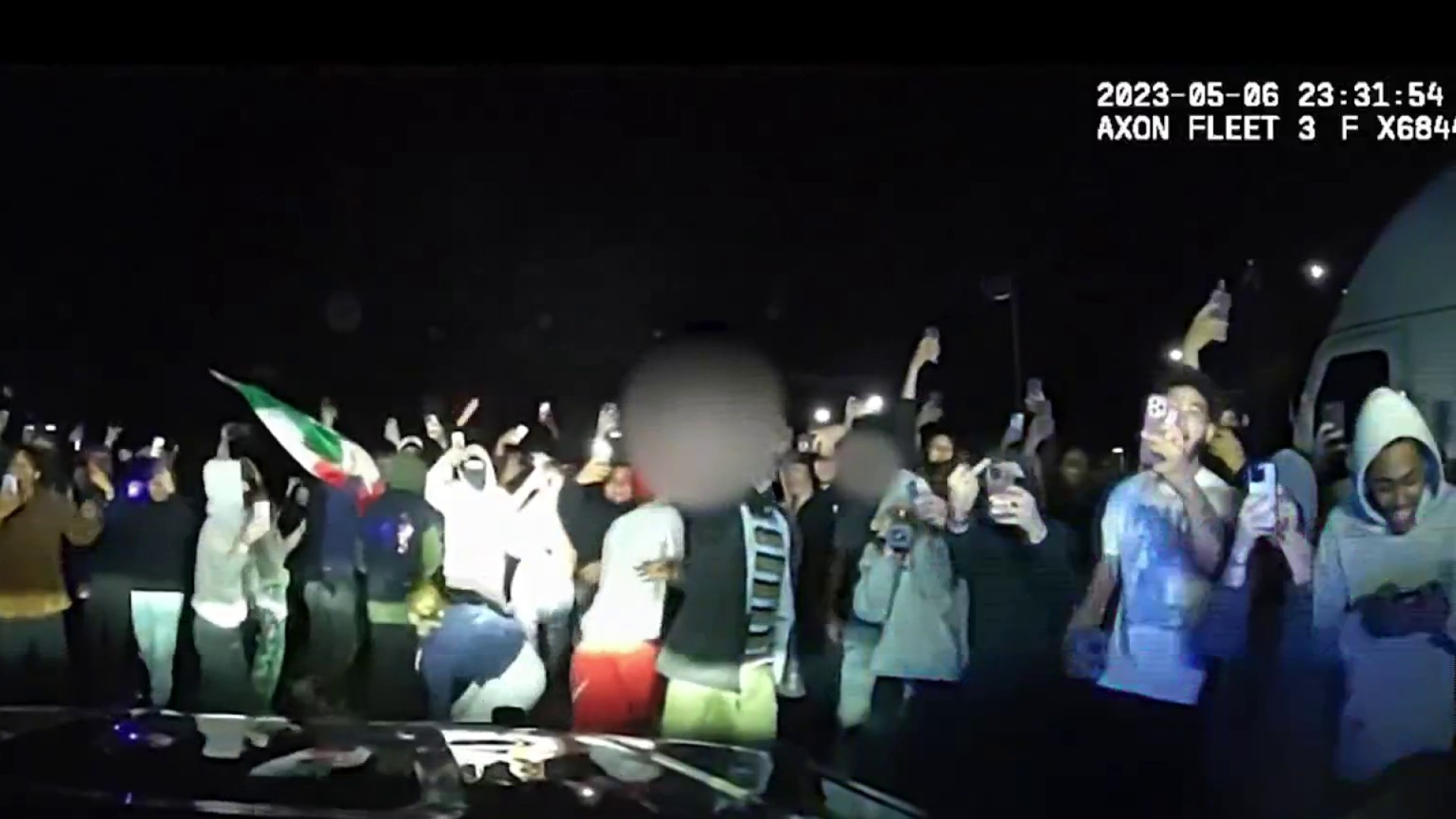We have heard about the promise of artificial intelligence in things like medical research, streamlining systems in finance and insurance, and a host of other ways.
But if it is powerful and fast, as the experts say, what keeps people from using it for illegal things like maybe stealing your identity or your life savings, or commandeering things like the electrical grid or air traffic control systems?
Lawmakers are trying to get started on creating some safeguards now. NBC Connecticut's Mike Hydeck spoke with Senator Tony Hwang about what's in the works.
Mike Hydeck: We appreciate you being here. So when technology changes as quickly as AI has, just literally in the last maybe 12 months, how do you even get started regulating? We've seen Washington leaders struggle with it, and they see it just as much.
Get Connecticut local news, weather forecasts and entertainment stories to your inbox. Sign up for NBC Connecticut newsletters.
Tony Hwang: Well, technology has always evolved in our society. But AI has been profound in its impact, not only from a standpoint of how we live, but how it's going to impact us into the future. And the reality is, it's not only the practical impact, but the hyping of it. They're so hyperbolic in what it can be and it creates a lot of fear and uncertainty. Simply put, AI is high level of data points put into algorithms with supercomputer. But the reality is, it has made profound increases and incremental impact. It's really changing and impacting how we live as a society.
Mike Hydeck: So it can even streamline state systems, whether it's getting your driver's license done or making an application for benefits that you can get from the state, it seems like it can make those more quick and efficient. But I mean, how do you draft a law to say, is it the fact that you, maybe the leaders of our government, can only use AI in certain ways? Like how do you draft a law?
Tony Hwang: Well, that's the sensitivity in how we regulate first amendment rights, and our technology companies that had such profound impact in how we manage technology. But I think the other part is more of a societal impact that we're experiencing. One of the biggest concerns is deep fake. Deep fake is a manipulation, and a theft, and an intended kind of false premise that is using technology to misrepresent in fraudulent, and sometimes terrorist means to impact how we live. And we talked about how technology and social media has impacted our world. This is another point of view where voices can be interpreted, photos can be manipulated, audio can be, and videos can be changed. That is misrepresenting if not outright fraudulent.
Face the Facts
Face the Facts with NBC Connecticut goes beyond the headlines, asking newsmakers the tough questions, giving an in-depth analysis of the big stories.
Mike Hydeck: So to that point, we have an example. Take a listen.
AI-generated voice: This technology can be used to make it look like someone is saying things they never said. Just like right now. I never actually said any of this. This is a deep fake of my voice.
Mike Hydeck: So a staff member made that of you. How quickly did that take place? And that must have been scary for you.
Tony Hwang: Mike, this followed a general law public hearing. My staff member innovatively took about three minutes, five minutes of my voice clip that's on a public domain, typed in a script. And within 15 minutes, he was able to create that without any input by me. And Mike, I must tell you when I first heard it, it was a horrible feeling of an invasion of privacy, identity theft and ultimately misrepresentation that could be used for damaging impact. And we are talking about a society in which information can be disseminated without a lot of control. And if something wrong or misrepresented like that goes out, there is no control. We've heard on the issue with President Biden in New Hampshire, the body switch pornography of Taylor Swift, our high school students being intimidated and misrepresented. This has serious implication on a social and societal impact. But more profoundly, it could have consequences come election time.
Mike Hydeck: So where do we go from here? Are you working with Democrats? What's happening in the statehouse to try to put a guardrail on this, for lack of a better term, or some kind of regulation?
Tony Hwang: I think in a bipartisan basis in the Senate in the House, as well as the administration, we know something needs to be done. There are two task forces that I've been part of with Senator James Maroney, the Connecticut Task Force on AI and a multi-state task force. We're looking at a lot of the array of the technology. But what the bill pointed out was first amendment rights, being able to protect rights.
Mike Hydeck: So your first amendment rights, could it also almost be like copyright? You know how if somebody steals a song, if they're stealing your voice or their stealing your likeness, I wonder if that can come into play.
Tony Hwang: And that is one of the questions because the technology companies which provided a lot of the counsel, a lot of the technology awareness, is saying 'hey, we need to be protected from unwanted and unscrupulous, you know, litigation against us.' We need to be somewhat protected. So the legislation, and I threw caution in my commentary, that the right to be able to litigate, the right for people that feel as though their liberties, their personal image and fraudulent actions are undertaken, have a right to litigate. So there's a balance. One of the challenges we have in technology is one part. But how it impacts people's lives is something we still need to understand and process through and engage all the shareholders.
Mike Hydeck: It's a different term. It's used for athletes, but name, image and likeness is how athletes get paid. But it could also maybe be a legal stamp to protect your identity.
Tony Hwang: But the problem is in social media, our society has kind of willingly given up that right, and how does that right exceed into these kinds of violations of privacy, violations of trust and fraudulent, dangerous behavior? When you impair people's reputation, when you put their reputation at risk and damage, it creates not only economics, as I said, and legal, but profound psychological impact that is too far back for us to recover from. I'm very sensitive and concerned about that.



